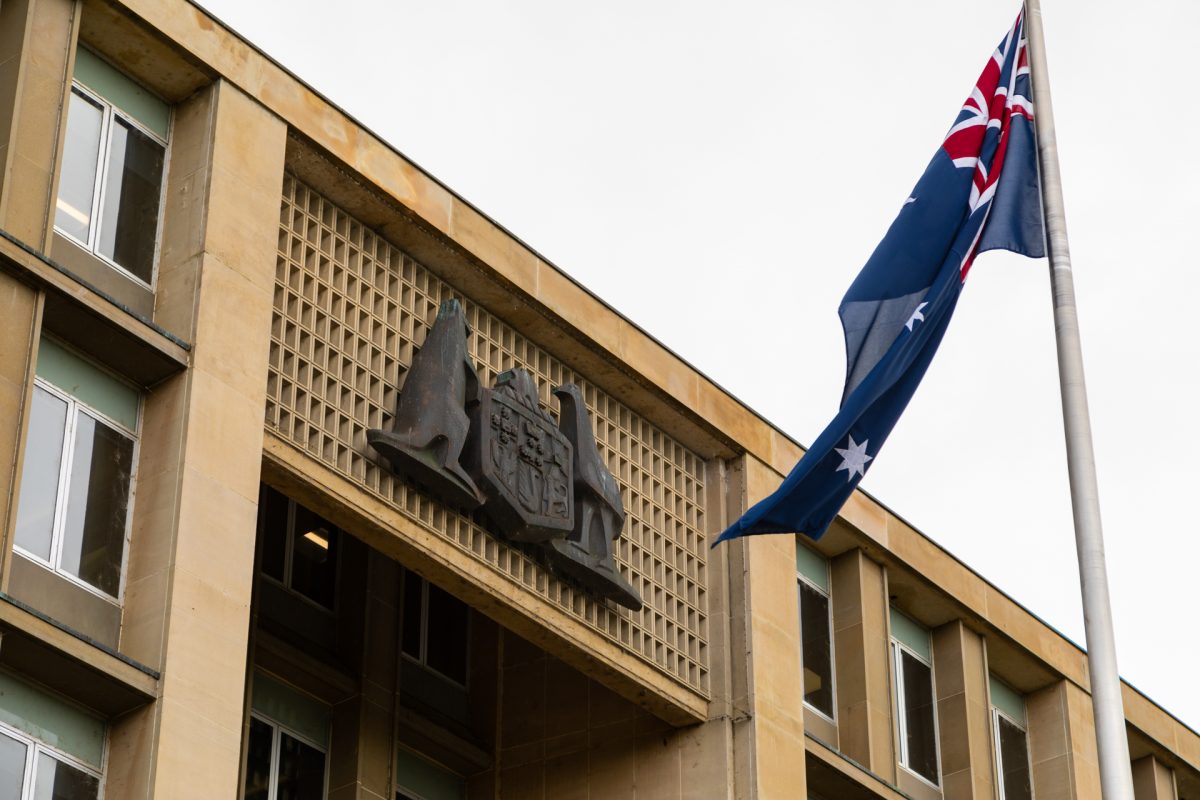
The Australian Public Service is awaiting the changes the new Labor Government will bring. Photo: Michelle Kroll.
Labor has promised a more favourable relationship with the public service than the often antagonistic approach of the previous government, but it faces big challenges delivering on its promises.
It also wants the public service to be more efficient, and while it won’t be increasing the blunt instrument that is the efficiency dividend, it won’t be abolishing it either.
During the campaign, new Finance and Public Service Minister Katy Gallagher said Labor would focus on rebuilding capability, reducing reliance on consultancies and labour hire, and negotiating with staff representatives on pay and conditions in good faith.
The staffing cap will go, as will the wages tied to the private sector.
That could be a recipe for a blowout in agency costs in an environment of mega-deficits if Labor moves too quickly.
ANU Professor John Wanna says the government will need to manage change carefully and target a few areas where it wants to see real progress.
Given the public service looks like it will grow, particularly if an integrity commission is to be legislated, Professor Wanna says the government will have to find ways of managing that increase.
That could be through budget measures, staffing priorities, such as hiring online workers rather than administrators, or wringing greater efficiencies out of the APS, a notoriously difficult thing to do.
He says getting rid of consultants is easy to do as contracts lapse, but Labor-inclined firms are already touting for business, so that, combined with a lack of in-house skills, may impede change there.
“If there are things in the public service that you don’t have the skills for, you’ve almost now got to go to bring consultants in to do some of that work because you don’t have the skills in house,” Professor Wanna says.
“One of the big areas is Defence. Defence has very few in-house skills anymore … on the administrative departmental side, they are just basically contract managers.”
He suggests the government should focus on some targeted capacity building, rebuilding technical expertise in particular areas such as the Australian Bureau of Statistics and operational areas in Defence.
It could also build on practices already operating in some agencies, such as the Australian National Audit Office, which may outsource but retain a presence in the work to ensure quality and that the agency is not deskilled.
“You could do that in education, aged care, social policy and housing,” Professor Wanna says.
“You could do a similar sort of thing where you’ve got the Commonwealth involved in the deliberations on how something’s going to be carried out and that would skill up on-the-ground capacity.”
It would also mean public servants getting out of the office and doing more fieldwork.
The pay issue is compounded by grade inflation and the huge bulge of Executive Level 1 staff who should be on a leadership trajectory but were often performing administrative work at the level of APS5.
He sees scope for rationalising the executive levels and restoring some sanity to the staff classifications, but the challenge is the intense competition for staff and the difficulty retaining them, particularly fickle millennials.
“You could pay them out and use that money to recruit at four or five levels and bring people along,” he says.
Professor Wanna also says there could be savings in the Commonwealth having more oversight in the programs it funds through joint program management, although the states will baulk at that.
“The Commonwealth could have a lot of mileage in getting better quality services in that area,” he says.
Professor Wanna agrees with Senator Gallagher’s view that the Australian Public Service Commission has been sidelined and could play a bigger leadership role, calling for a review of its functions.
He also wants Labor to reinvigorate the joint parliamentary committee on public administration, which is largely ineffective.
“That committee could be much more active investigating the performance in the public sector,” Professor Wanna says.
“You would get a lot of the Teals and Greens on side to strengthen the mandate of the parliamentary committee to explore public sector performance.”





















